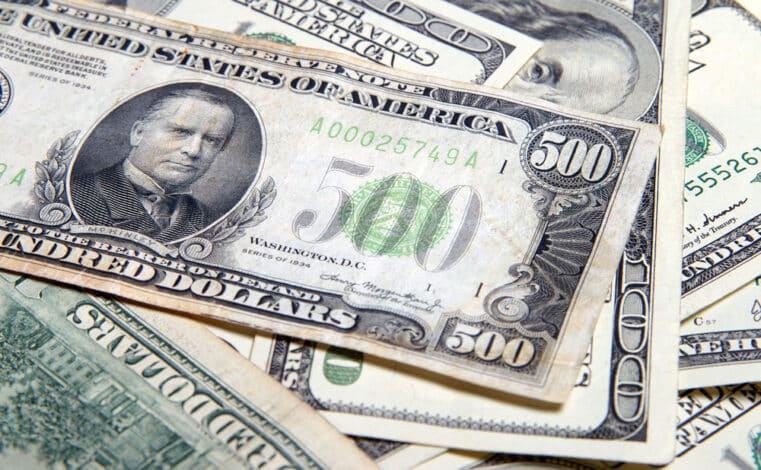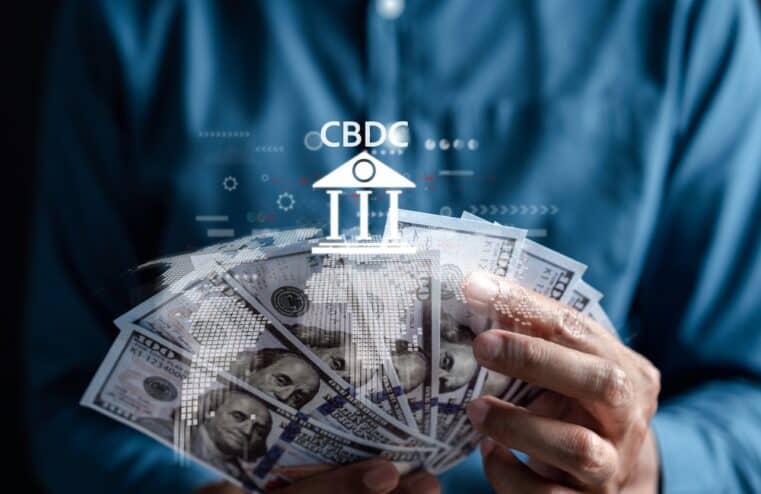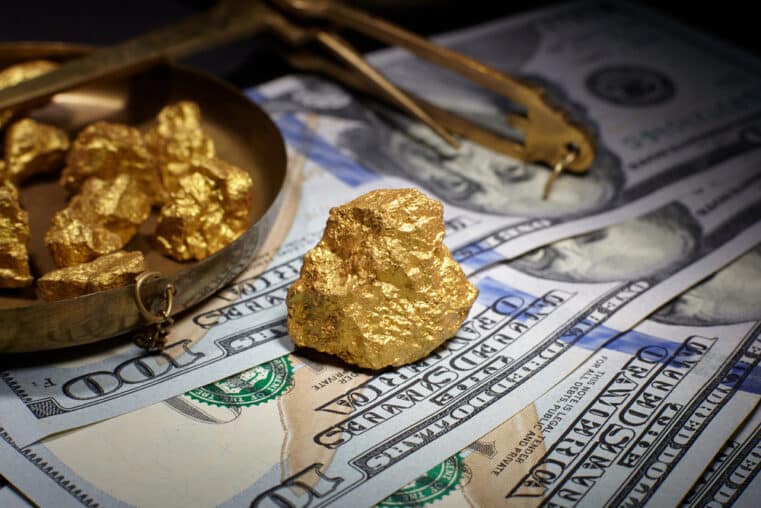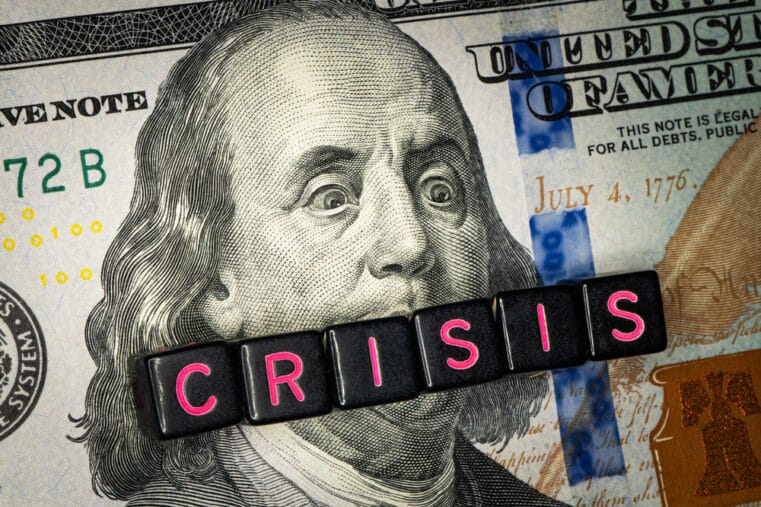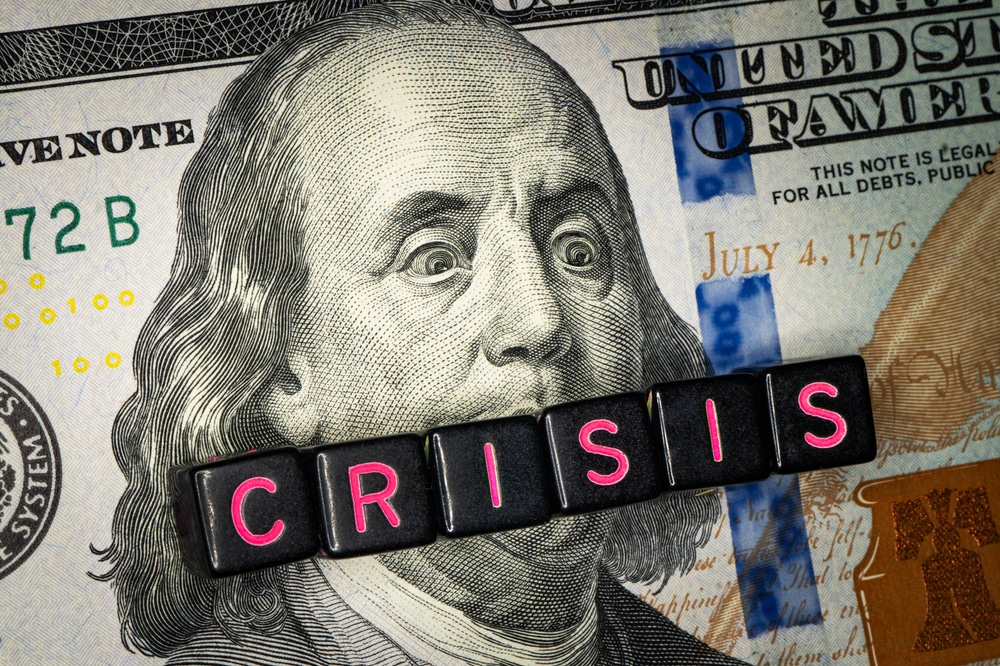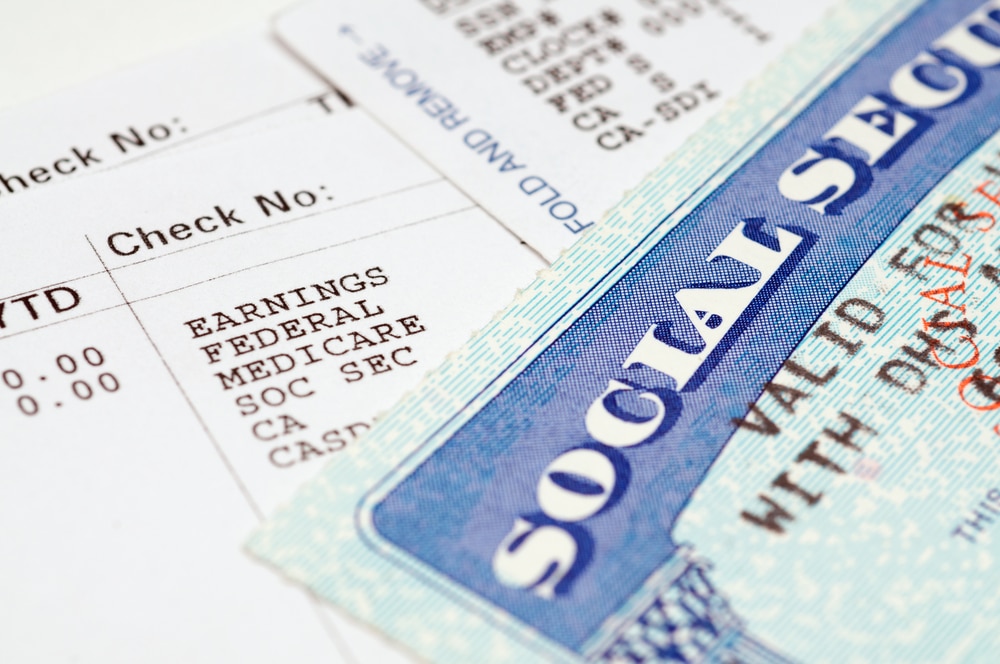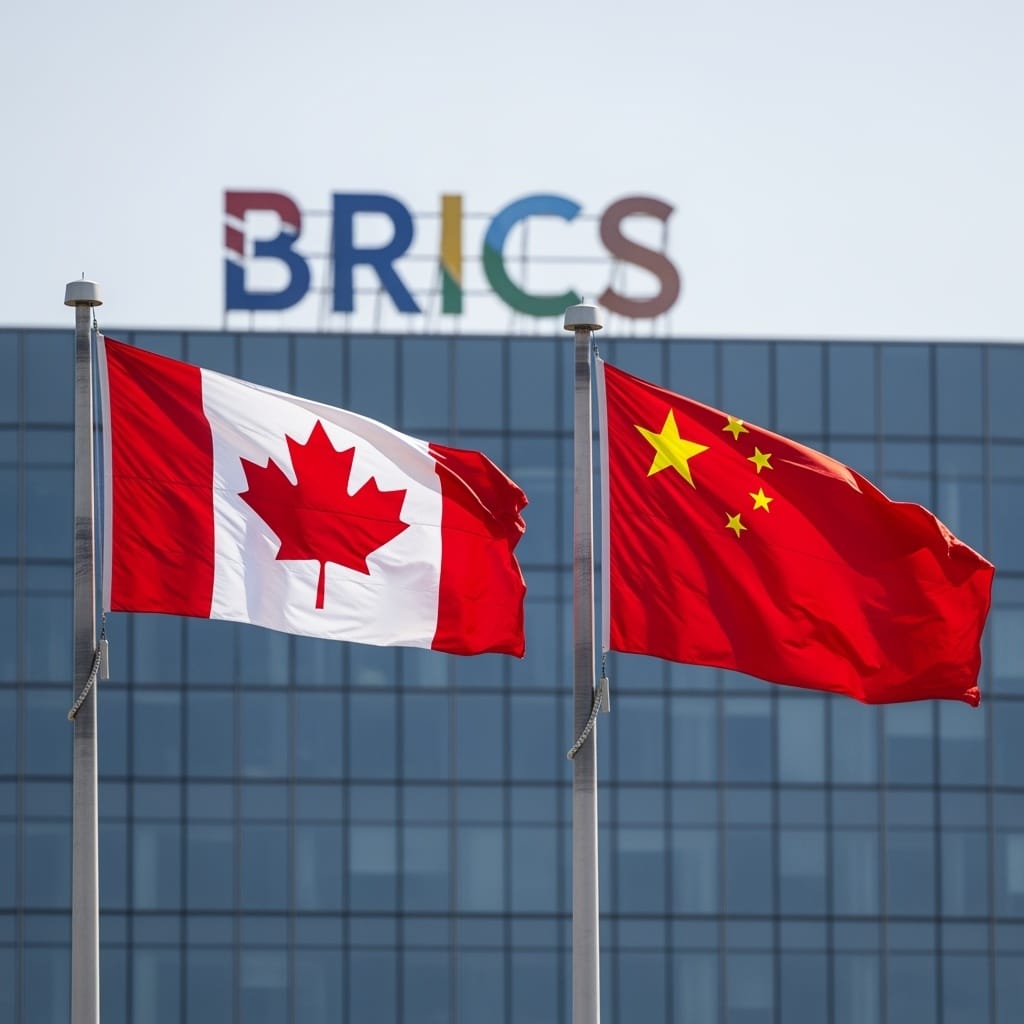
Americans Who Understand Economics Are Sounding the Alarm — And Neither Party Is Listening
The Survey That Accidentally Told the Truth
The latest CNBC All-America Economic Survey shows Trump’s approval stuck underwater — 51% disapprove, 46% approve — with his economic ratings just as bad. But here’s the kicker: the Democrats aren’t riding high either. Their favorability has crashed to a historic low, the worst for either party since at least 1996.
So you’ve got one guy in the White House who can’t win over the people he needs, and an opposition party the public likes even less. This isn’t “polarization” — it’s systemic rot.
Republicans still line up behind Trump, Democrats still hate him, but independents? Half disapprove. And when it comes to his handling of the economy, only 39% of independents give him credit — and just 24% think he’s doing anything about inflation. That’s the signal in the noise: the people least tied to party propaganda are the most dissatisfied with how the economy is being run.
Why the Numbers Look ‘Confused’ — and Why They’re Not
The pollsters call the results “conflicting” — some optimism here, some pessimism there. But if you understand real economics, it’s not confusing at all.
- 31% say the economy is “good,” but 68% say it’s “fair” or “poor.”
- Stock market sentiment is up, but so is skepticism about inflation.
- The White House crows about tariffs “helping U.S. companies,” but 67% of Americans know tariffs raise the cost of goods.
This is what happens when government policy is a whiplash mix of protectionist trade barriers, runaway federal spending, tax gimmicks, and money-printing to cover it all. Austrian economists warned about this decades ago — you can’t distort markets without distorting reality.
Independents Smell the Smoke First
People with a little economic literacy — and without partisan blinders — notice the warning signs early:
- Federal spending approval is -19 points.
- Taxes approval is -13 points.
- Inflation approval is -23 points and unchanged, meaning the pain is entrenched.
- 60% say their incomes are losing ground to the cost of living.
Independents, especially those who actually work for a living outside the political class, are the ones who feel it most. They know you can’t “grow” an economy by inflating the currency, taxing productivity, and throwing subsidies at politically connected industries.
Two Parties, One Problem
Both parties talk a big game about “fixing” the economy, but both keep doing the same damn thing:
- Inflate the money supply.
- Grow the federal budget.
- Pick winners and losers with tariffs, subsidies, and regulation.
The public might not all read Mises, Hayek, or Rothbard — but they know when the price of eggs, rent, and gas keeps climbing faster than their paycheck. And they know neither side has the guts to do what would actually fix it: slash spending, end the Fed’s money-printing spree, and let the free market work.
The Bottom Line
This isn’t about Trump. It isn’t about Democrats. It’s about a political system that’s running an economy like a drunken trust fund kid — spending money it doesn’t have, blaming the “other side” for the hangover, and expecting the peasants to keep footing the bill.
The independents and the economically literate aren’t confused — they’re angry. And if the trend continues, they won’t just sit out the next election… they might start looking for real solutions outside the broken red/blue duopoly.
Your move:
If you want to survive the coming storm, you need more than soundbites — you need a plan.
Download Seven Steps to Protect Yourself from Bank Failure by Bill Brocius here.



